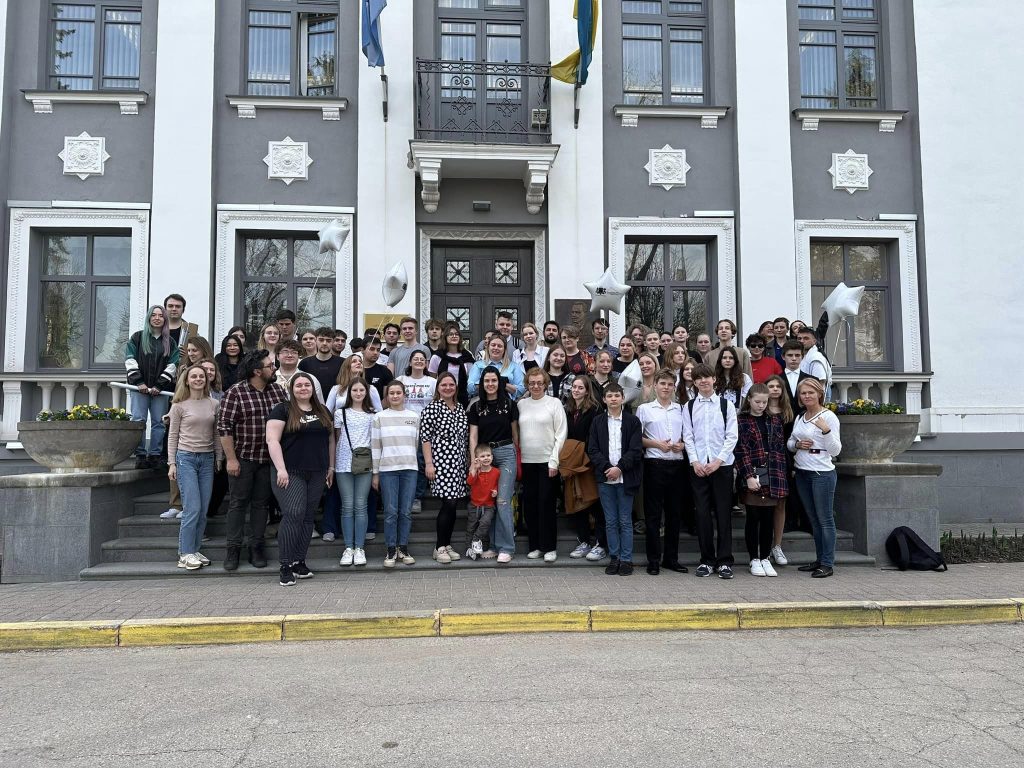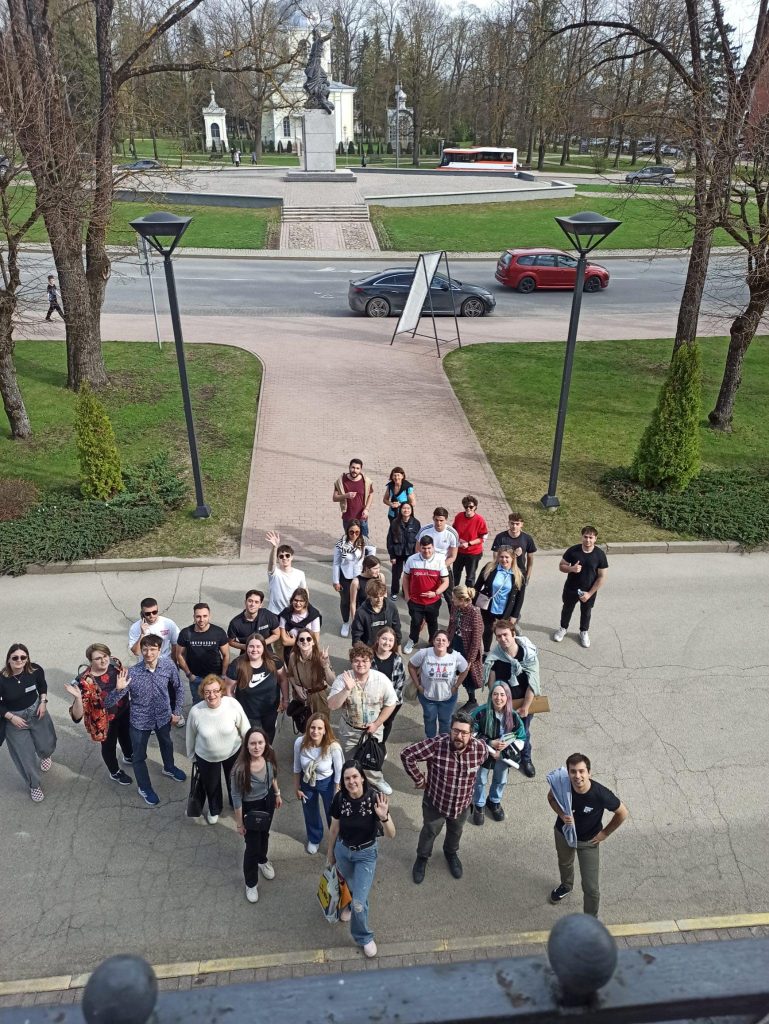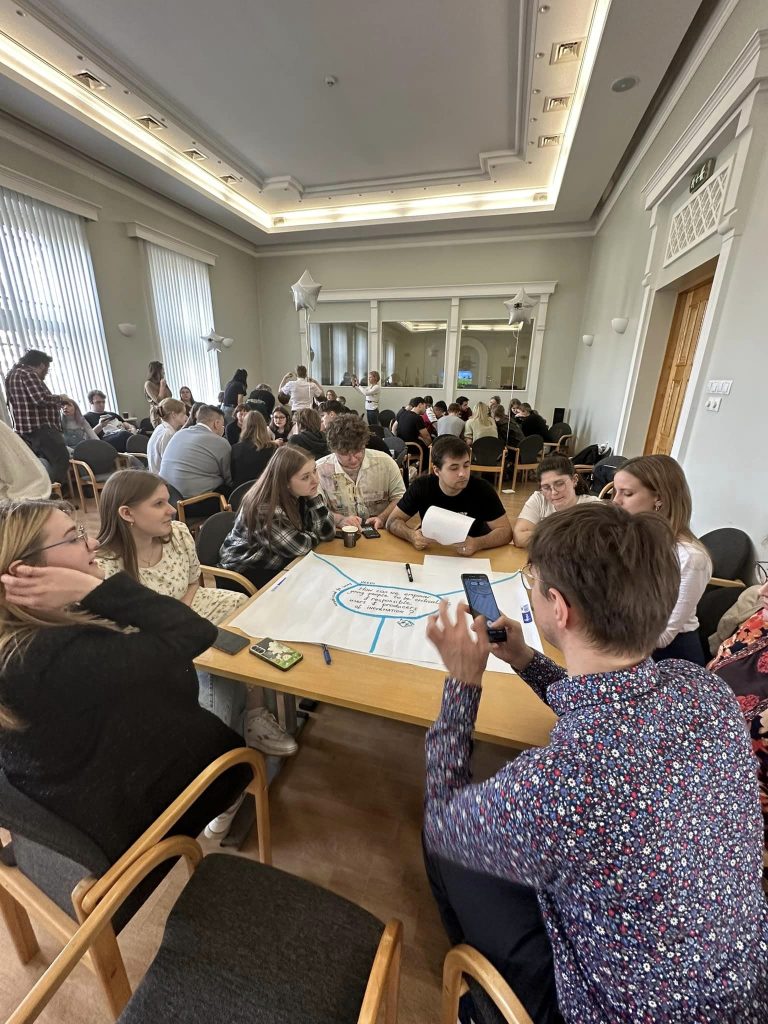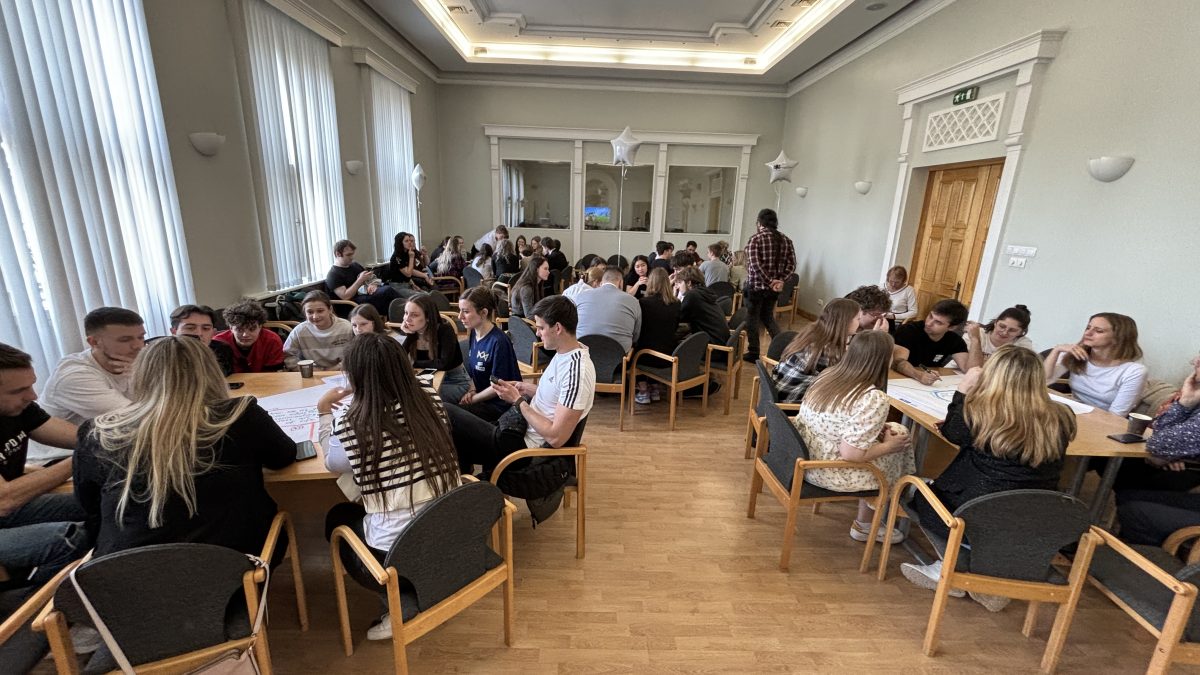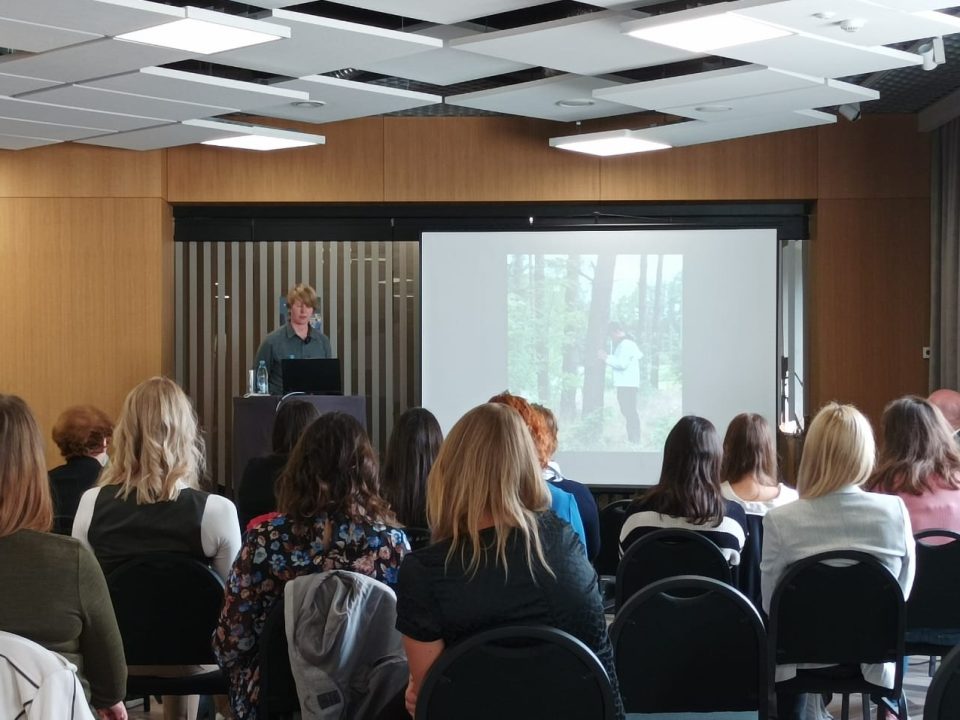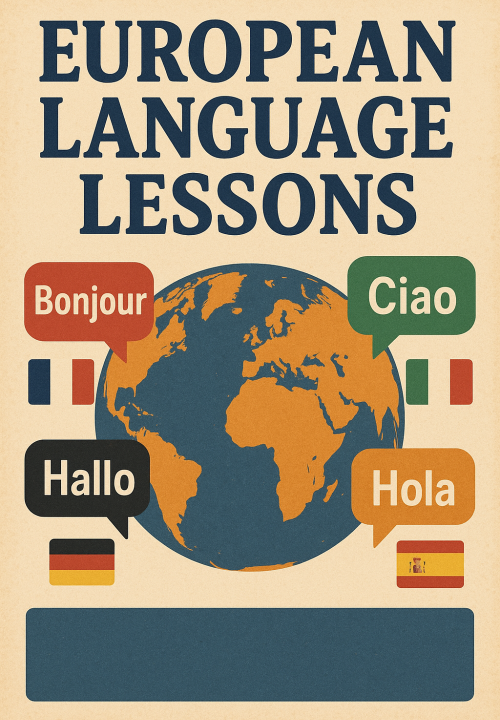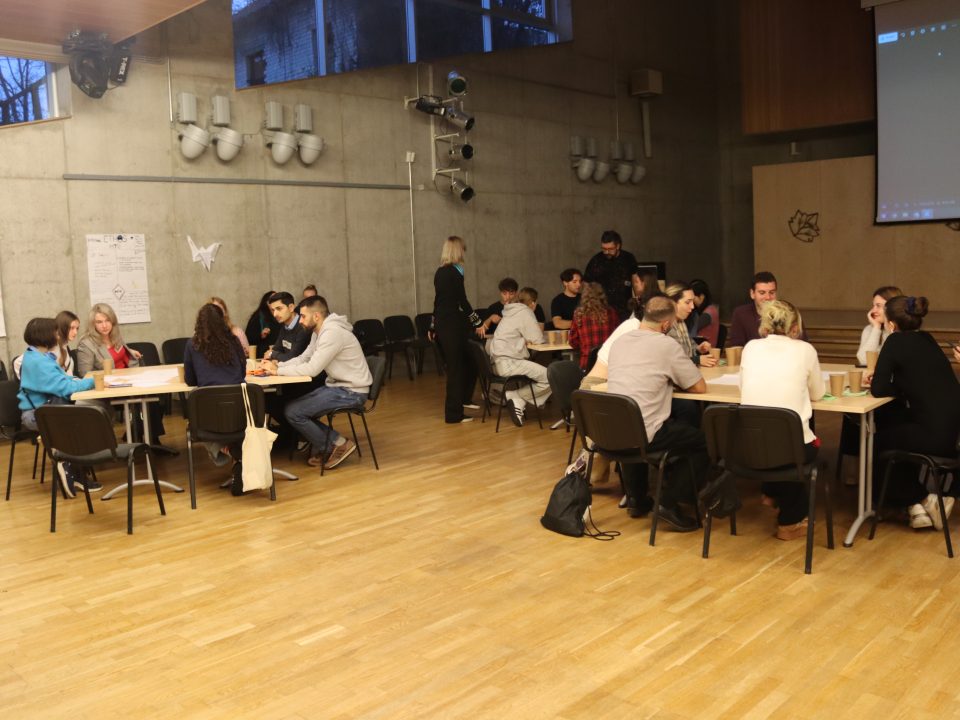European Association "World-Our Home" organized the participation event which held on April 10 at 16.00 in the Rēzekne City Council. NGOs, schools and other stakeholders participated in the event "Youth involvement - for the future of Europe", during which young people and youth workers from different countries discussed the ways of youth participation, future thinking and democracy. Participation is a process in which young people have the opportunity to take part in deciding important issues for themselves and shaping what is happening around them with the aim of improving their quality of life and that of their fellow human beings. Young people have the right to participate in the development and implementation of youth policy: 1. engaging in the acquisition and delivery of non-formal education and performing voluntary work; 2. acting in self-governments of educational institutions; 3. developing and implementing projects, as well as other initiatives; 4. participating in the activities of youth organizations, as well as other associations and foundations; 5. getting involved in the decision-making process of state and local governments affecting youth policy; 6. engaging in other activities aimed at promoting the participation of young people in the development and implementation of youth policy. Types of participation: Formal forms of participation (confirmed in legal acts and organized by state or local government institutions): • pupil or student self-government; • youth council; • advisory council/commission; • youth forum; • European Youth Dialogue; • participation in elections (municipal, Saeima, European Parliament) and referendums; • voluntary work; • participation in politicians' meetings; • participation in non-governmental organizations; • signing a political petition; • collecting signatures for an initiative; • participation in organized discussions on policy issues; • participation in public consultations; • contacting politicians face-to-face (meeting citizens at reception times, meetings); • membership in a political party and/or political party youth organization; • participation in municipal council meetings; • distribution of political printed materials (newspapers, booklets, flyers, etc.); • participation in protest actions and/or strike. Informal forms of participation (informal dialogue with decision-makers and society): • informal meetings with politicians (for example, using the coffee with politicians method); • use of photo, video, theater and other creative methods; • expressing an opinion using social media; • expressing a political opinion on the Internet (comments, publications, blogs, cartoons, memes); • contacting politicians on the Internet; • public actions and campaigns; • defense of the interests of young people; • environmental cleaning cleanups and other environmental protection measures; • charity events; • animal protection measures; • support, assistance, solidarity actions for various groups of society that are in difficulties • ensuring safety and order in your place of residence (e.g. control purchases at alcohol/tobacco outlets, reporting violations, ensuring order at events, etc.); • boycott of food products or industrial goods for political reasons.
